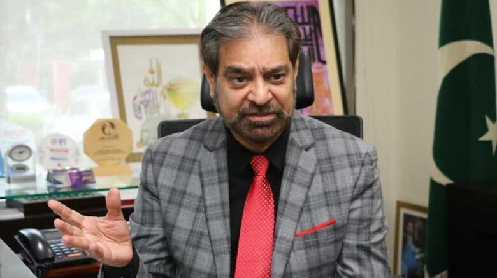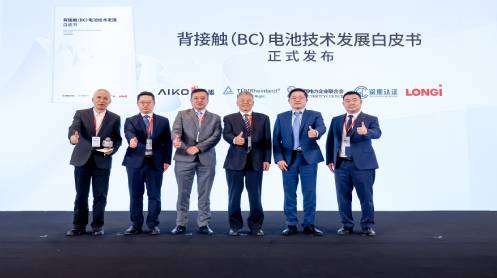Mr. Irfan Iqbal Sheikh, President FPCCI, has apprised that the private-sector in Pakistan is under enormous distress and its investments have dried up due to 21 percent key policy rate; extreme volatility in rupee-dollar parity; consultation-less economic policymaking; absence of support package to cope up with the lingering aftermath of historic floods and multiple rounds of major upward revisions of electricity & gas tariffs.
Mr. Irfan Iqbal Sheikh stressed that the businessmen’s confidence in the government policies has completely evaporated and its handling of IMF program has brought all the economic activities on a standstill. We have never seen such a lack of ease of doing of doing business environment in the history of Pakistan, he added.
FPCCI Chief highlighted that exports have declined by 15 percent in eight months of the current fiscal year; remittances down by 20 percent except March 2023; Asian Development Bank (ADB) has cut down Pakistan’s economic growth forecast for FY23 to 0.6 & World Bank has projected it at 0.4 percent; no reliable data is available on the current state of unemployment in the country; gap between inter-bank & open-market continues to remain rickety and containers are still not released smoothly.
Mr. Sheikh, as President FPCCI, the apex trade & industry body of Pakistan, has questioned the seriousness of government, on behalf of the entire business, industry and trade community of Pakistan, in bringing transparency & consultation in the economic policymaking; and, has reiterated his stance that the government should provide answers to the two sets of questions for businesses to plan their year ahead: (i) what are the factors or impediments that are hampering the never-so-elusive IMF deal & what the government is doing about it (ii) what steps will be taken after the resumption of IMF program to stabilize the economy and how & when the government plans to take the business community into confidence on these steps.
Irfan Iqbal Sheikh also stated that Pakistan’s domestic debt has climbed up to 27 trillion rupees as compared to 16.5 trillion rupees just a decade back; and, it has battered the ability of government to invest in infrastructural development; promoting industrialization; providing targeted subsidies to export-oriented industries and health, education, skills development, women empowerment & other social uplift avenues.
Irfan Iqbal Sheikh maintained that upping the budgeted tax collection target of 7,004 billion rupees to 8,709 billion rupees on the dictates of IMF will further tax the already tax; instead of broadening & simplification of the taxation system. In the above-mentioned scenario, no business will be able to operate profitably; let alone investing into new industries for exports, import substitution and employment generation, he added.






